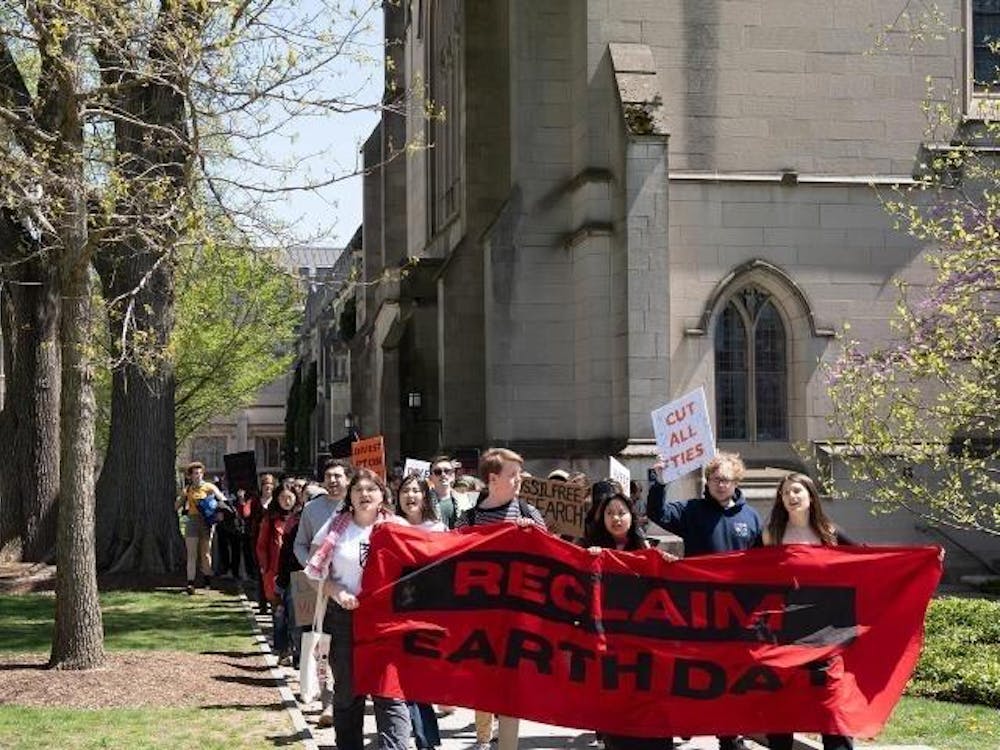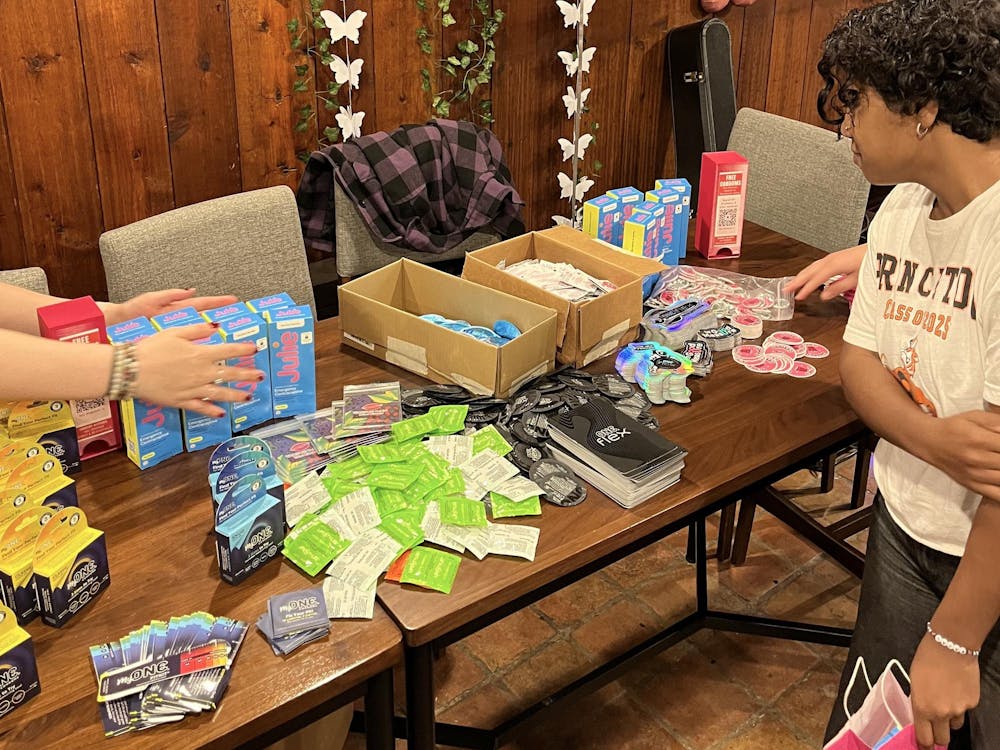Love and encouragement play critical roles in facilitating family relationships between parents and children with physical, mental and social disabilities, Andrew Solomon said in a lecture on Tuesday.
Solomon is the founder of the Solomon Research Fellowships in LGBT studies at Yale and a professor of Clinical Studies at Columbia University.
Solomon, who was awarded the National Book Award and was a finalist for the Pulitzer Prize, discussed his latest work, "Far From the Tree: Parents, Children & the Search for Identity," recounting his work with families over the course of 11 years in regard to schizophrenia, deafness, autism and sexual identity.
Solomon shared many narratives, one of which involved an individual named Clinton Brown, born with diastrophic dysplasia or “dwarfism." Brown’s parents were told by doctors that he likely would not survive and he was given a dire prognosis.
However, his family took him home, and since then he has undergone 30 major surgeries and became the first person in his family to go to college.
“The language we use around these experiences can determine in many ways the outcome," Solomon said.
Solomon also discussed his own journey in coming out as an LGBT person.
“When I was perhaps six years old, I went with my mother and brother to a shoe store," Solomon said. "My brother and I were each told we could have a balloon. My brother wanted a red balloon, and I wanted a pink balloon. She reminded me my favorite color was blue — the fact is my favorite color is blue — but I’m still gay.”
Solomon said he believes most parents continue to love their children but that many have trouble with the process of acceptance.
“A lot of people I talk to describe a process of coming to terms with their own identity and their children’s identity,” Solomon said.
Before the lecture, a lunch symposium was held in which students asked panelists questions about mental health.

Solomon and the other panelists — anthropology professor João Biehl and psychology lecturer Ron Comer — addressed and discussed experiences of mental illness and depression, the representation of depression in the literature and arts, the consequences of its medicalization, the methods in which doctors and psychiatrists are trained and the role of psychopharmaceuticals in shifting the landscape of diagnosis and care.
Associate professor of East Asian studies Amy Borovoy moderated the discussion, noting before the discussion that there is a “considerable amount of uncertainty about what even is mental illness."
Biehl discussed the adverse effects of drugs use to treat psychiatric conditions and the impact of medicalization on the body and the mind.
“The boundaries that makes us ourselves are blurry,” said Biehl referencing Solomon.
Comer noted that the median age of depression is going downward.
“Depression is much more than sadness,” said Comer. “Depression, it touches all spheres … It’s the emotional sphere, the cognitive sphere, the behavioral sphere, the motivational sphere … It’s every sphere.”
Solomon noted that suicide was the third-leading cause of death among college students. Solomon explained how at one point his depression became so severe that he felt paralyzed and discussed the ambiguities surrounding the use of medication.
“While the use of medication is highly problematic, not using medication is also highly problematic,” Solomon said, noting that medication has also helped him in some ways on the path of recovery.
Solomon emphasized self-knowledge as one of the themes central to recovery.
“The opposite of depression is not happiness but vitality,” Solomon said.
The lecture was held in McCosh 50 at 6 p.m. on Tuesday. The event was cosponsored by the Stafford Little Lecture Series and the Belknap Visitors in the Council of the Humanities.
The symposium took place at noon at 202 Jones Hall and was sponsored by the Belknap Visitors in the Council of the Humanities, the Program in Global Health, the Center for Health and Well-Being and the Princeton University Public Lecture Series.








